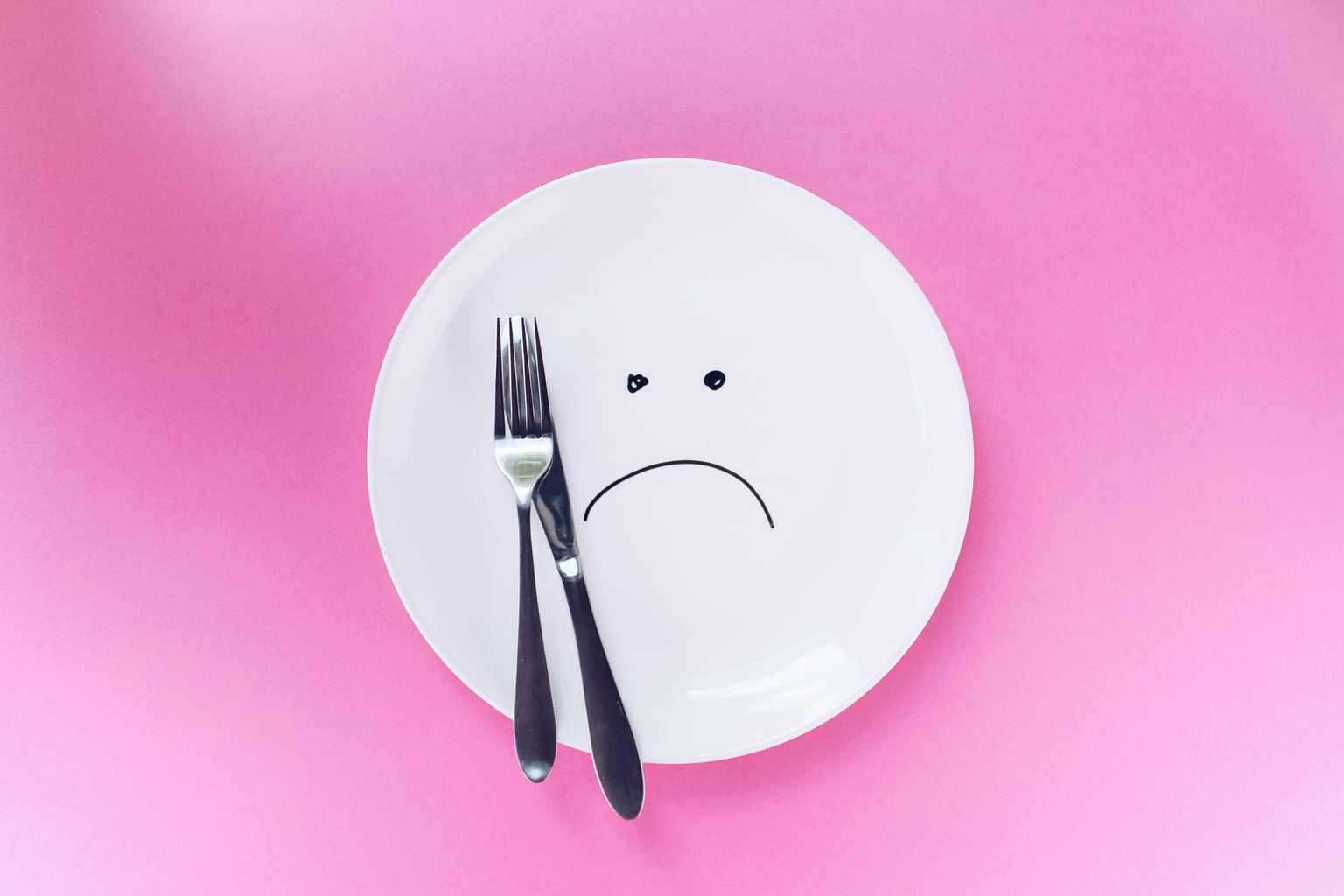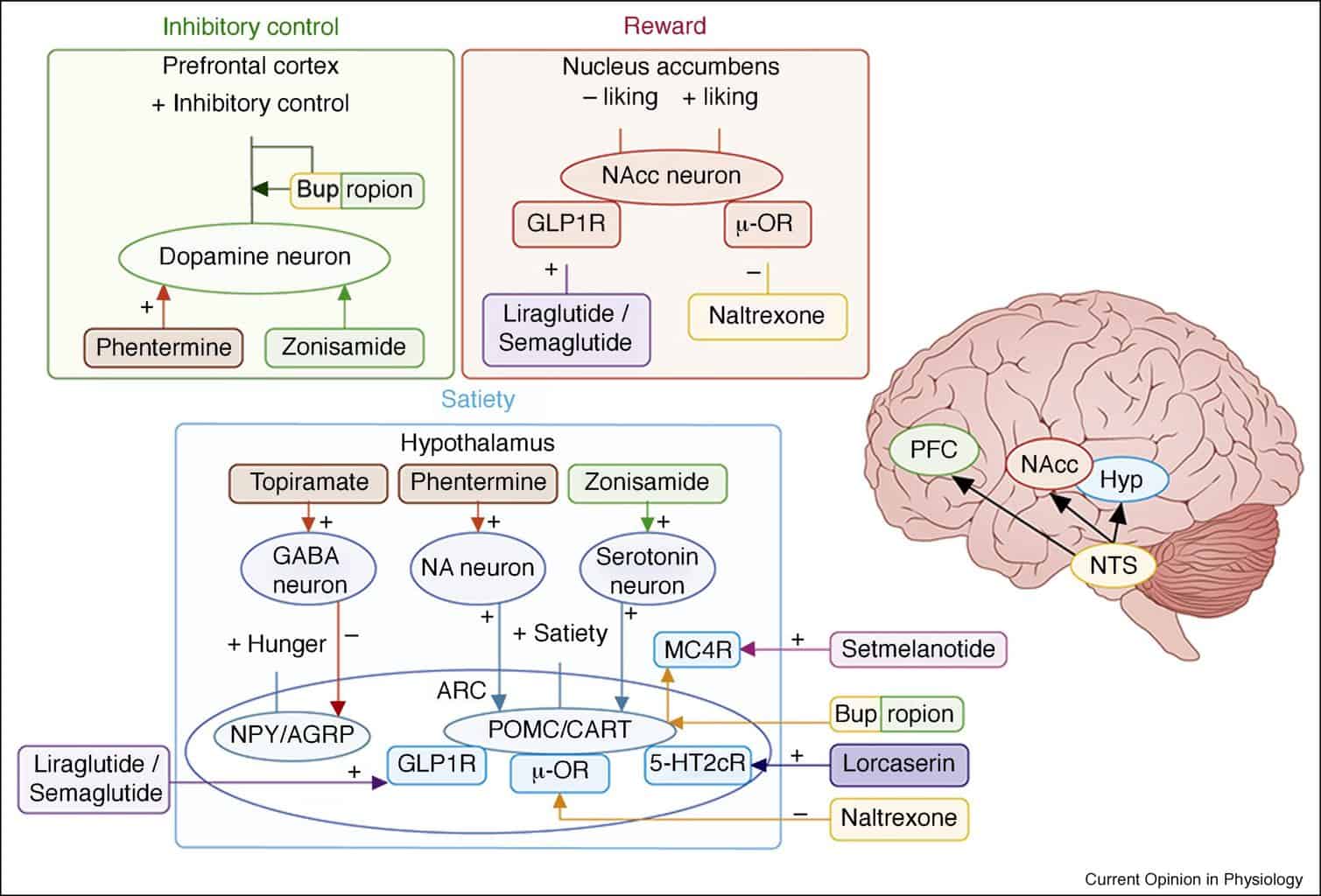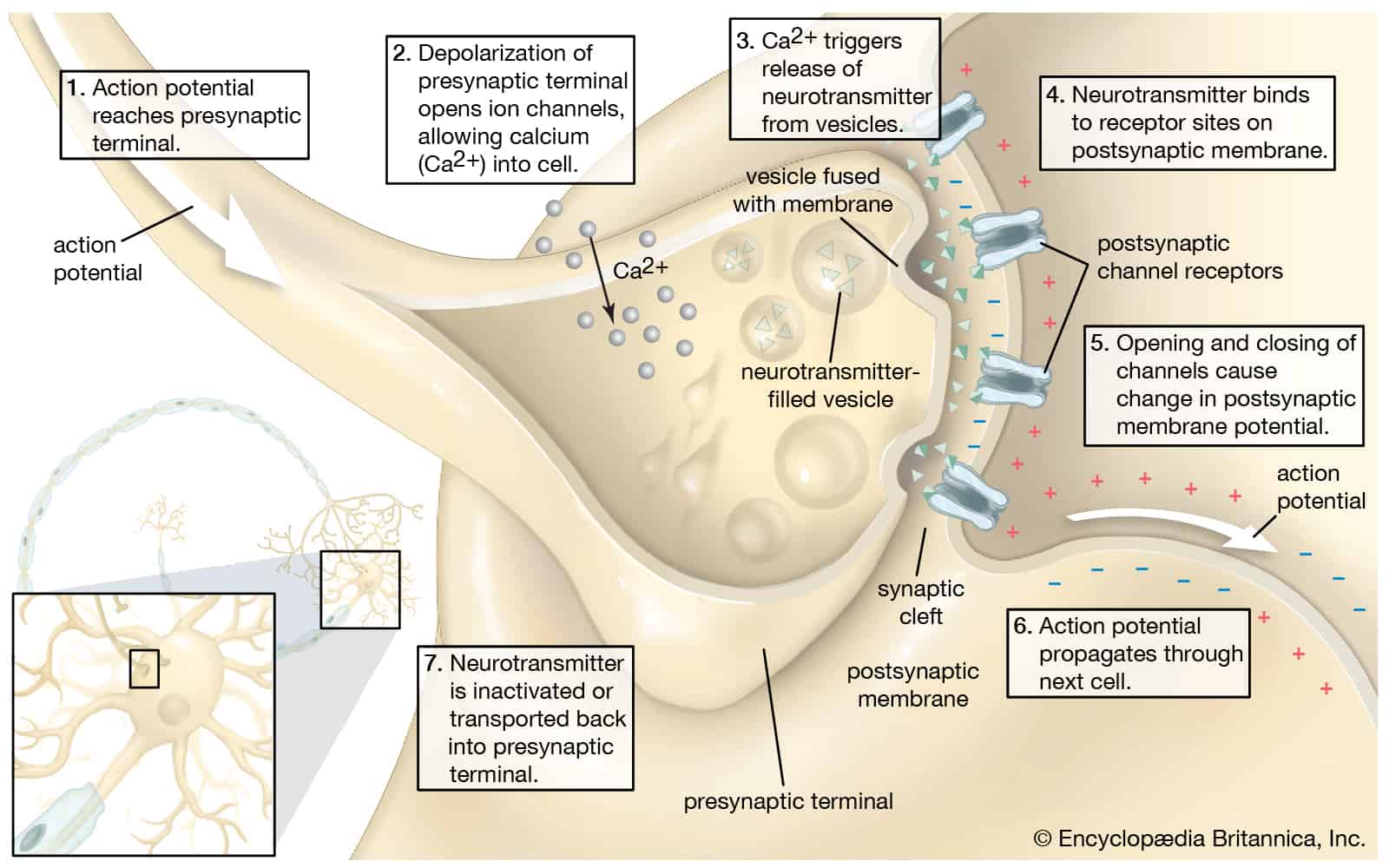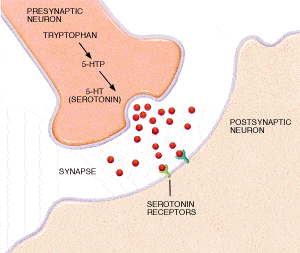Phentermine Stopped Working? Here’s How To Make Phentermine Work Again
Did your phentermine lose its kick, especially in snuffing out hunger pangs and pumping up your energy? This guide spills the beans on making those scales smile in your favor once more.

Disclaimer: The information on this page is the result of amateur research into any possible methods to make phentermine work again, and is to be used solely for informational purposes, and should be seen as opinion.
The information provided in this report is in no way a substitute for a consultation and advice from your doctor. As you will read, some of the tolerance-prevention methods covered in this report can put your health at risk if your doctor’s instructions are not followed.
Why has Phentermine stopped helping me lose weight?
Many people are experiencing the same problem you have right now.
We’re all in the same boat when it comes to being frustrated about Phentermine tolerance.
For some of us, the appetite suppression of phentermine diminishes within a few weeks of beginning treatment, and the weight loss tapers off quickly.
Others enjoy the effects for a longer time and manage to decrease body weight substantially, but we all seem develop tolerance eventually. So, I decided to step up to the plate and help you continue toward your weight loss goals by researching into how to make phentermine work again.
To understand why phentermine can stop working, we need to know how phentermine works in your body. Let’s discuss the mechanism of action:
How Phentermine Works In Your Body
Phentermine, like many other prescription drugs, work with chemicals called neurotransmitters in your brain.
Using phentermine actually stimulates your neuron bundles to release a particular group of neurotransmitters known as catecholamines, these include dopamine, epinephrine (also known as adrenalin), and norepinephrine (noradrenalin).
They signal a fight or flight response in your body which, in turn, puts a halt to the hunger signal. As a result, you lose your appetite because your brain doesn’t receive the hunger message, so you eat less and achieve weight loss. This is perhaps due to phentermine’s affects on leptin levels in the brain.

Image source: Science Direct: Pharmaceutical approaches to weight management: behavioural mechanisms of action
It is theorized that phentermine can raise levels of leptin which signal satiety.
It is also theorized that increased levels of the catecholamines are partially responsible for halting another chemical messenger know as neuropeptide Y. This chemical initiates eating, decreases energy expenditure, and increases fat storage.
Here’s a simple explanation of what a neurotransmitter is…
Phentermine And Your Neurotransmitters
Neurotransmitters are chemicals in your nervous system and brain. They act as messengers, relaying electrical messages between the cells (neurons) of the nervous system or brain.
Some people have naturally low levels of neurotransmitters.
This condition may lead to diseases such as depression, anxiety, panic attacks, and obesity, and others.

Image source: Britannica
Prescription weight loss drugs typically work by moving neurotransmitters from one place to another, but do nothing to increase the supply of neurotransmitters in the nervous system or brain.
These drugs trick your brain into thinking there are more neurotransmitters than there actually are. Because of this, your brain slows down the production of neurotransmitters.
Has Phentermine permanently depleted my supply of neurotransmitters?
We know of no studies which have shown that Phentermine can cause permanent depletion of your body’s supply of neurotransmitters in the brain and nervous system.
After thorough research on the depletion of neurotransmitters by prescription drugs, we’ve concluded that it is possible to reverse the negative effects of phentermine usage or the usage of similar medications such as Adipex or phendimetrazine.
An independent team of researchers has developed a solution called amino acid therapy. This method of replenishing the supply of neurotransmitters is discussed below.
What steps can I take to make Phentermine effective again?
Potential Solution: Amino Acid Therapy
You can do a number of things that will help to reverse the depletion of neurotransmitters by phentermine use.
The first is, as mentioned in Section 2, therapy using the basic amino acids that promote production of neurotransmitters.
To try this, you may consider the pros and cons of two supplements:
The first supplement you can use is called D5. Developed by a company called Neuroreplete, it is designed to be used in combination with another supplement, CysReplete. It is also crucial to take a multivitamin in conjunction with these supplements to ensure adequate amounts of B vitamins which are essential to maintaining proper metabolism of nutrients in the body.

Image source: Life Enhancement: Replenishing serotonin levels
If there are insufficient B vitamins ready for controlling bodily functions, they might be taken from the supplements. B vitamins are co-factors for the production of neurotransmitters from amino acids, if your body borrows them from the supplements, the production of neurotransmitters is compromised.
Disclaimer: We have no relationship with Neuroreplete, and this is not an endorsement of their product or any others.
NOTE: Neuroreplete states that in order to use D5 safely and effectively, patients must use proper dosing of Cysreplete. Prolonged use of D5 without proper CysReplete dosage has been proven to result in irreversible dyskinesias. Dyskinesias are neurological conditions characterized by sudden episodes of abnormal involuntary muscle movements.
Warning: Do not proceed with amino acid therapy until you have talked with your physician about treatment. Your physician is the only one who can decide what dosage you should take, or if you can take these supplements at all. Proper dosage may differ between different people.
Solution 2: Less Complicated Forms Of Therapy
Anecdotal evidence online shows that lemon water can help prevent or slow tolerance to phentermine. The formula for lemon water contains:
- 2-3 ounces of lemon juice
- 1 quart of water
Another tip you might find is to avoiding drinking sodas and other caffeinated beverages. Supposedly, this can help slow or prevent phentermine tolerance so you can continue to lose weight.
This is because caffeine speeds up metabolism, which has a diuretic effect and in turn causes you to excrete Phentermine from your body much more quickly through urine.
Making an overall improvement in your eating habits might play a large role in improving your production of neurotransmitters as well as other vital chemicals in the body. Since amino acids are the building blocks of neurotransmitters it is essential to ensure adequate protein in the diet.
I am in no way a licensed doctor, dietician, or nutritionist; but if there was any diet I would recommend, it would be to eat real unprocessed foods with around 40% carbs, 30% fats and 30% protein.
I used to have to try hard to follow the diet, balancing protein and carbohydrates, but in no time, my body was used to the diet and I was almost disgusted by unhealthy foods or unhealthy amounts of food in general. My brain power and energy shot up, as well as my overall physical condition as a result of the weight loss process and lifestyle changes.
One final reason phentermine might not work well is variance between manufacturers. There is no official study proving this, but anecdotal evidence can easily be found online in discussion forums where people using phentermine discuss which brand or manufacturer seems to work well for them. It’s interesting to see that some high-dosage brands get slammed and supposedly lower dosed brands work better. This is a topic on which I can only recommend doing your own research.
Now that we’ve covered the exploration of potential ways to make phentermine work again, it’s worth quickly covering some best practices to get meaningful long-term results from your weight loss program on phentermine.
These best practices below may be generic and popular, but that’s for good reason. These form the foundation of long term weight loss.
Follow a healthy diet
Calorie restriction can only get you so far. The goal should be to eat real, unprocessed foods and avoid processed foods. Unprocessed foods take more energy for your body to digest, and processed foods are digested much faster and are much more likely to be stored as fat instead of being utilized for energy.
Use the power of exercise
Regular working out is a must as a part of the process of losing weight. We would recommend you to choose an exercise plan that you can follow at the gym or home. Perhaps you can try cardio such as walking, running, climbing, riding your bike or joining a class. The possibilities are endless, and the self confidence boost alone is worth the effort.
Talk to your doctor
If phentermine stopped working for you, be sure to talk with your doctor about any worries that you might have and the recommended dosage. They manage many patients who use phentermine, and can adapt and change the dosage according to your needs and consult about any questions that you might have related to your phentermine experience.
Get good quality sleep
Getting enough sleep is vital in order to eliminate all of the damages that have been done to your body the day before, especially due to stress. Stress is known to cause increased appetite and a need for compulsive eating. Try to reduce your cortisol levels, which usually increase when you are not getting enough rest throughout the night, by following a sleep schedule and getting your 7-8 hours of sleep each day.
What substances should I avoid to help Phentermine work better?
Avoid Caffeine if possible
Caffeine is a naturally-occurring substance found in the leaves, seeds or fruits of over 63 plant species worldwide and is part of a group of compounds known as methylxanthines. It’s commonly used in many over-the-counter supplements to increase metabolism and aid in weight reduction.
The most commonly known sources of caffeine are coffee and cocoa beans, cola nuts and tea leaves. Caffeine is a pharmacologically active substance and, depending on the dose, can be a mild central nervous system stimulant.
Caffeine does not accumulate in the body over the course of time and is normally excreted within several hours of consumption. It is toxic in large doses.
Caffeine speeds up the excretion of Phentermine from your body. Because of this, Phentermine has less time to suppress your appetite. Additionally, combining caffeine and phentermine weight loss medication could possibly contribute to higher blood pressure.
Avoid Other Stimulants
In the human brain, the centers which tell your body whether you’re hungry or full are controlled by neurotransmitters. Increased levels of the neurotransmitters called norepinephrine and dopamine suppress the feeding center. Increased levels of norepinephrine in the satiety center stimulate eating, while increased levels of serotonin in the satiety center suppress the appetite.
Some researchers theorize that tolerance to medication via Phentermine is due to the fact that there is a limited amount of norepinephrine in the human system, and that those limited stores are depleted by repeated administration of phentermine.
Others believe that the cells that respond to phentermine or norepinephrine become exhausted after repeated stimulation, adding a new barrier to weight loss.
Another theory is that the body is able to metabolize and excrete phentermine more and more efficiently as time passes. Eventually, the drug is metabolized so rapidly that effective blood levels are not maintained long enough for the drug to exert the desired therapeutic effect, again making weight loss more difficult due to hunger causing higher food intake.
Background: More About Phentermine
Phentermine was approved by the FDA as an appetite suppressant weight loss medicine in 1959, and since then has become one of the most popular and most effective weight loss drugs in the United States. It is the most common weight loss drug prescribed to cases of serious obesity (1). Phentermine is a controlled medicine only available with a doctor’s prescription. It is an appetite suppressor and an energy booster.
This drug will reduce your appetite and hunger while at the same time provide your body with the energy that it craves in order to complete your workout routine for the day efficiently.
What makes Phentermine different from most weight loss drugs is the fact that we are talking about an FDA approved drug – a thing that is not much common in the circles of weight loss drugs and supplements nowadays.
How Doctors Use Phentermine To Help Patients Lose Weight
Doctors advise their patients to seriously consider choosing a diet plan and starting a workout program to enhance the effects of Phentermine. Unfortunately, Phentermine is known to cause mild to more severe side-effects including headaches, vomiting, nausea, insomnia, etc (2). That is one of the reasons why Phentermine is available only with a valid doctor’s prescription. The other of course is the unfortunately highly addictive nature of Phentermine. Phentermine is used for only a short term (3).
If your doctor considers that you require it for longer period of time than it is usually prescribed for, he/she can recommend taking a break and continuing with your use of phentermine after a few weeks.

Thank you for this article. Everything described here is what I am looking for and feeling. I want a new lifestyle to maintain my weight loss. I have been on it for about 45 days and the last few my appetite has not been as suppressed. I will keep in mind the advice in this article.